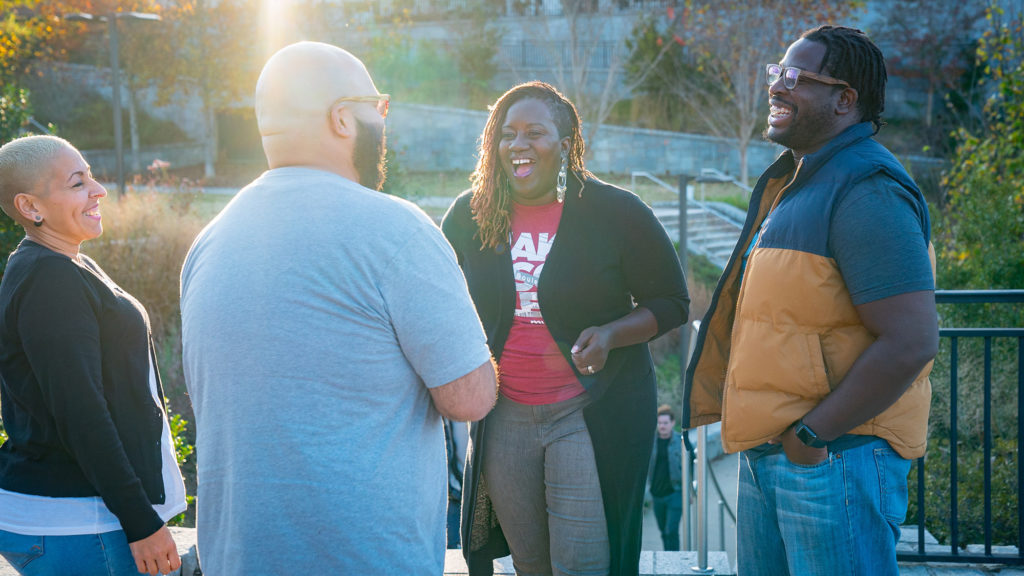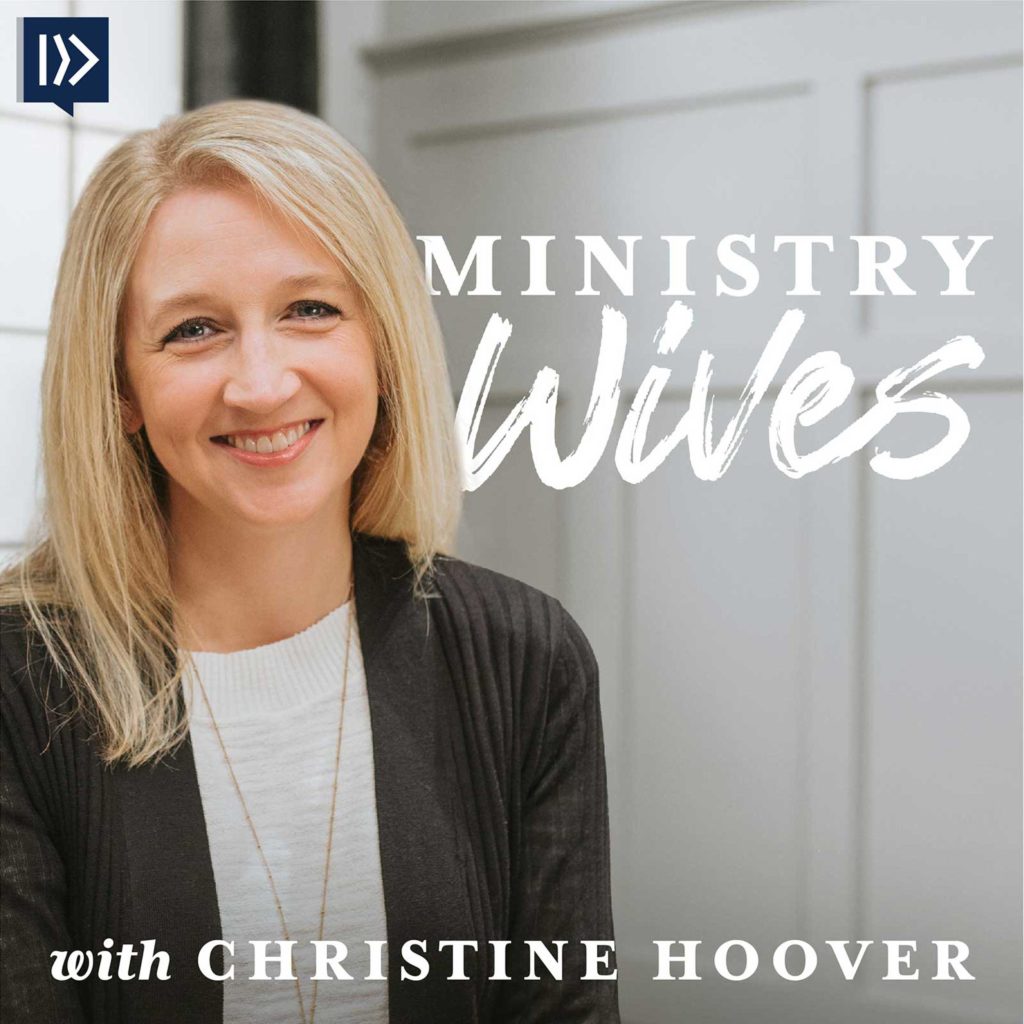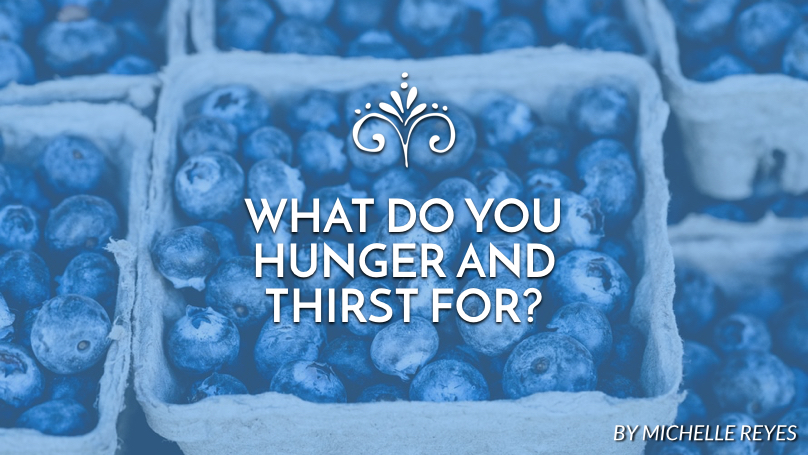[EDITOR’S NOTE: We welcome Anteneshia Sanders voice to Flourish as we repost an article that originally appeared at Intersect: Where Faith Meets Culture.]
“And don’t get it twisted, sis. I wake up every morning next to a headscarf and coconut oil. I’m married to a black queen.” – Randall Pearson
I know I’m not the only person who erupted with a flamboyant “Yesssss!” from the other side of their TV screen in response to Randall Pearson’s praise for his wife. The scarf. The coconut oil. The melanin. I may as well be Beth Pearson. “This Is Us” is always in my business.
Fictional as the scene may have been, I could not separate my emotions from the moment. Having aspects of my own reality endorsed as good is like medicine to a dull ache I live with.
I’ve been the black girl in predominately white spaces for much of my life. I’m used to standing out from those around me. My hair seems to get bigger before it gets longer, and my skin is dark. The difficulties that come with being a double minority are not lost on me. Most of the time I don’t feel unwelcome, I just feel other.
My sense of otherness has only increased in recent years. After events like the murder of Trayvon Martin and Colin Kaepernick’s protests, some sort of chasm seemed to have opened between me and my white brothers and sisters in Christ. In recent months I have sat at Jesus’ feet, asking Him to renew my fissured faith. As a result, I have found a greater appreciation for who God has created me to be. A growing movement has played an important role in this process.
The celebration of the black woman is not for the sake of division, but for the advancement of the Kingdom.
#BlackGirlMagic
Were you to comb through any social media platform, you would uncover a whole movement of black women celebrating the skin they’re in. They’re artists and scientists, activists and stay-at-home moms, and they’re pushing back against the idea that the marriage of their melanin and femininity is a novelty. In realizing that my blackness and my womanhood is a gift, I’ve joined them.
The movement has a name: “Black Girl Magic.” It’s a hashtag and a sentiment I can get behind, both personally and theologically. When I’m able to look at women who look like me and see them succeed, it does feel like magic. We all long to see possibility. The deeper longing, however, is to see the ways God has wired me and all my sisters for excellence. We too can take the gifts God has given us and make an impact on the world around us. We can create, we can nurture, we can discover, we can dream.
For the believer, Black Girl Magic is not some manifesto of racial superiority. While some people would rather live in isolation, such isolation is contrary to the unity we have been called to in Christ. Jesus has reconciled to himself all who believe, creating in himself one new man. The celebration of the black woman is not for the sake of division, but for the advancement of the kingdom.
The way women of color are celebrating themselves is the way the church should be celebrating them, too. In fact, the church should be the loudest voice telling black women they have value as image bearers and are prized by God. Further, it is important to women of color to hear fellow believers say, “We see you. We hear you. We believe you. We need your gifts.”
The church needs black girl magic.
Embracing #BlackGirlMagic in the church
Not long into my seminary education, I began to question why I had no knowledge of black female theologians. The discovery of the Truth’s Table podcast encouraged me in my call to ministry and desire for a theological education.
Representation matters.
My seminary is steadfast in the pursuit of diversity, seeking to equip students from all backgrounds to reach the nations. I am grateful my school encourages my pursuit of a theological education, both as an African American and as a female. It takes this kind of vocal and active advocacy to draw those who have been historically underrepresented.
Recent discussions have centered around the role women have in theological education. Take the invaluable gifts and voices women bring to the theological table, and add a little black girl magic. Black women’s experiences give us a unique perspective on the world, and this perspective is vital to the body of Christ. Often we feel like we’re on the outside of evangelicalism looking in. While sometimes uncomfortable and isolating, this offers us a vantage point that allows us to see and hear things that might otherwise go unnoticed by our white brothers and sisters. In seeking faithfulness to the mission of God, the voices and insight of black women are vital in these areas.
Of course, black women are not the only minorities who need to be seen and heard. I can only speak from my own experience and the experience of those like me. I’m increasingly in awe of God’s creativity and intentionality. From every tribe and tongue, He gathers a family that, by their love for one another, tells the world who He is.
As I attach the hashtag to tweets and photographs, I am thankful for Black Girl Magic. I’m thankful for the black women who have lived it in front of me — my mother, grandmother, and aunt. Through their faith, they have taught me that what Scripture says is true of us. We were knit together in this skin, and we’ve been set apart for good works.
Head scarf, coconut oil, and all.
Published March 26, 2018



